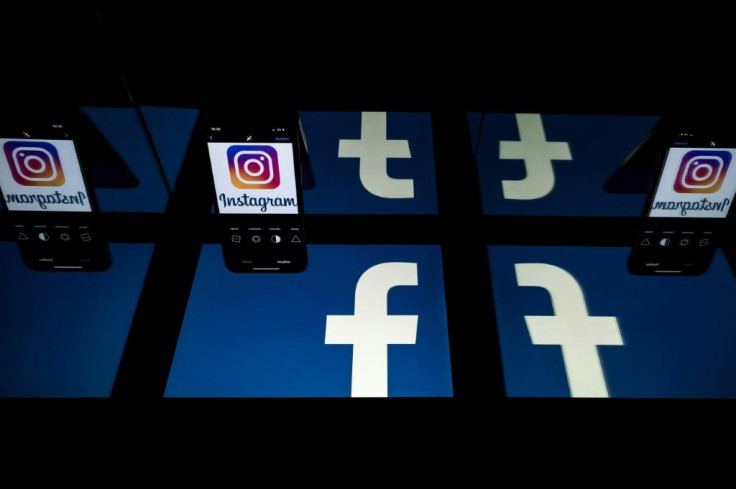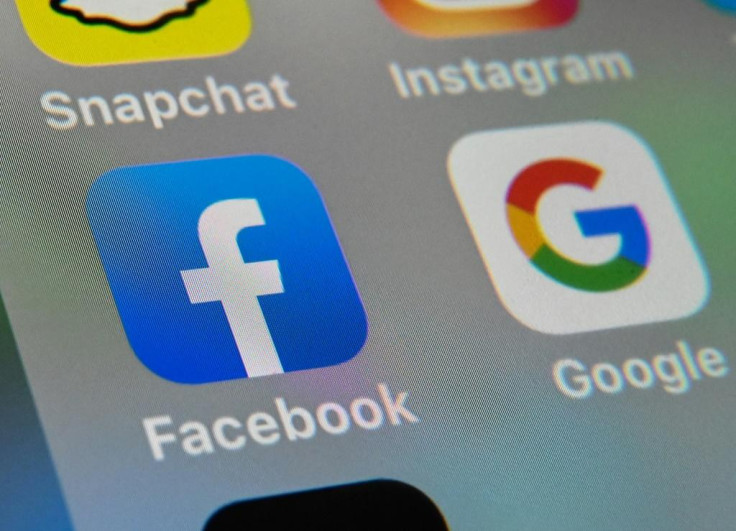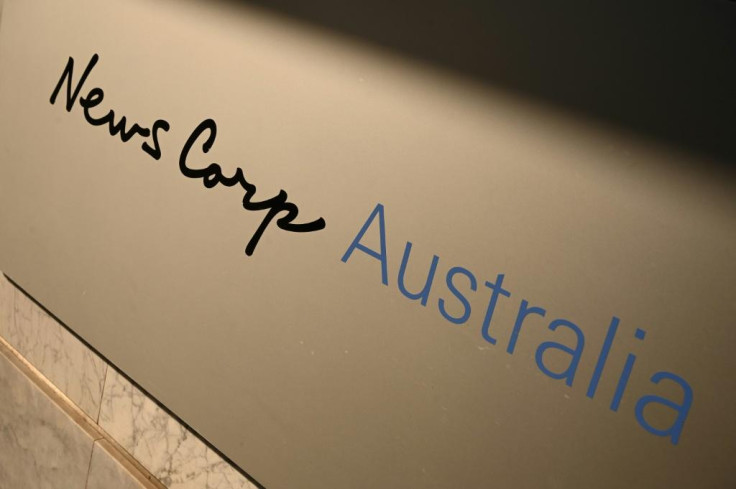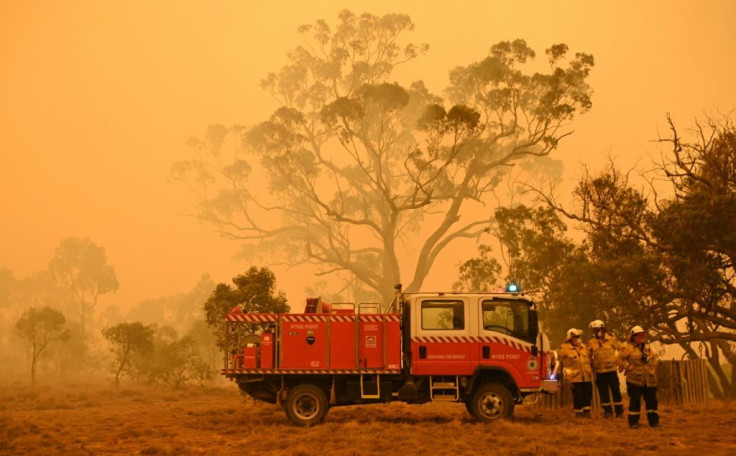Facebook blocks news sharing in Australia over media law
Digital platforms have pushed back hard against the world-first Australian legislation, fearing it could create a global precedent that could require dramatic changes and hit their business model.
Facebook blocked the sharing of news in Australia on Wednesday over government plans to make it pay media groups for content, but the move disrupted the pages of emergency services while triggering accusations of censorship.
From early Thursday, Australians were unable to post links to news articles or view the Facebook pages of news outlets from anywhere in the world.
The move came as retaliation for laws proposed in Canberra that would force social media giants to pay for news content shared on their sites.

Fire, health and meteorological services around the country were experiencing problems with their Facebook pages during several serious public emergencies, sparking angry calls for the firm to quickly fix the situation.
A Facebook spokesperson said official government pages "should not be impacted by today's announcement" and the company "will reverse any pages that are inadvertently impacted".
Human Rights Watch Australia director Elaine Pearson described the block -- which has also impacted charities, Indigenous community pages and even Facebook's own page -- as an "alarming and dangerous turn of events".
"Facebook is severely restricting and censoring the flow of information to Australians," she said.

"Cutting off access to vital information to an entire country in the dead of the night is unconscionable."
Media groups and Australia's government have also raised concerns that blocking verified news sources will allow misinformation to proliferate.
Several Facebook pages that regularly promote misinformation and conspiracy theories were unaffected by the ban.
Communications Minister Paul Fletcher said Facebook needed to think "very carefully" about blocking the pages of organisations that employ professional journalists with editorial policies and fact-checking processes in place.

"They're effectively saying any information that is available on our site does not come from these reliable sources," he told public broadcaster ABC.
"I would imagine that on quite sober reflection, they will start to become quite troubled about what that would mean for how their platform is perceived."

Digital platforms have pushed back hard against the world-first Australian legislation, fearing it could create a global precedent that could require dramatic changes and hit their business model.
"The proposed law fundamentally misunderstands the relationship between our platform and publishers who use it to share news content," said Facebook's manager for Australia and New Zealand, William Easton.
"It has left us facing a stark choice: attempt to comply with a law that ignores the realities of this relationship, or stop allowing news content on our services in Australia. With a heavy heart, we are choosing the latter."
Facebook's hardball response contrasted with Google, which in recent days has brokered deals with media groups, including one announced earlier in the day with Rupert Murdoch's News Corp.
News Corp was the last major private media yet to make a deal and was instrumental in pushing the conservative Australian government to tackle the tech giants.
Australia's House of Representatives passed the legislation late Wednesday, with the bill now set to be considered by the Senate.
Under growing political pressure to strike a deal with Facebook, Treasurer Josh Frydenberg tweeted he had a "constructive discussion" with CEO Mark Zuckerberg on Thursday.
Facebook's Easton said the firm has argued to Australian officials that "the value exchange between Facebook and publishers runs in favor of the publishers," and generates hundreds of millions of dollars of revenue for the media organisations in the country.
"We've long worked toward rules that would encourage innovation and collaboration between digital platforms and news organisations," he said.
"Unfortunately this legislation does not do that. Instead it seeks to penalise Facebook for content it didn't take or ask for."
Australia's competition watchdog has maintained that for every $100 spent on online advertising, Google captures $53, Facebook takes $28 and the rest is shared among others, depriving media outlets of revenue needed to support journalism.
The situation is mirrored in other parts of the world where tech platforms are facing increasing pressure to share revenue with news media.
Copyright AFP. All rights reserved.
This article is copyrighted by International Business Times, the business news leader





















